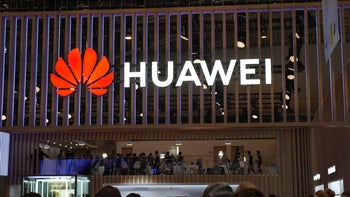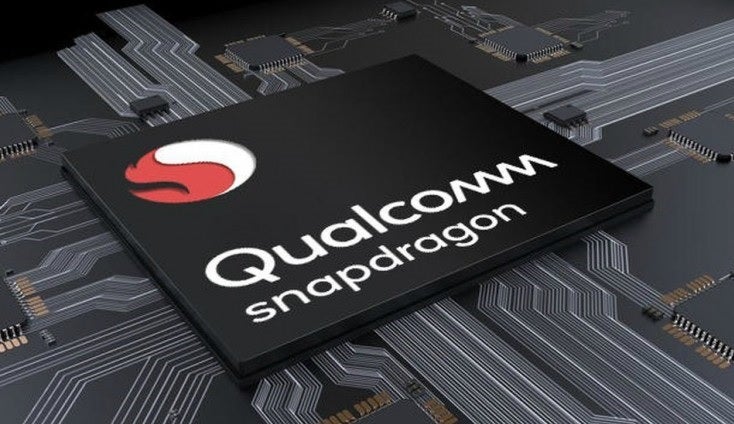U.S. tells Qualcomm that it can ship non-5G chips to Huawei

While it doesn't completely solve the problem that Huawei has receiving cutting-edge 5nm chipsets for its 5G phones and base stations for its 5G networks, Reuters reports that the U.S. government is allowing U.S. based Qualcomm to ship some components to the manufacturer. Announced in May and starting this past September, foundries using American technology to manufacturer chips need to obtain a license from the U.S. Commerce Department in order to deliver them to Huawei.
Qualcomm gets the green light from the U.S. to ship 4G chips to Huawei
The rule change prevented Huawei from having enough inventory of its 5nm Kirin 9000 chipset to feel comfortable. Replacing the 7nm Kirin 990 5G, the new chip is more powerful and energy-efficient than its predecessor and the Chinese manufacturer hoped to have enough chips to power its recently unveiled Mate 40 line; the latter is the company's latest flagship series and its most technologically advanced phones for the year. The Kirin 9000 is also supposed to power Huawei's new foldable model, the Mate X2, and the 5G base stations that are employed with its 5G networking equipment. Huawei reportedly ordered 15 million of these chips from TSMC earlier this year but received only 8.8 million of them before the new export rules kicked in.

U.S. says that Qualcomm can sgip 4G chips to Huawei
Last month, there was speculation that the Commerce Department was going to give TSMC a license allowing it to ship chips to Huawei. But the license was going to be limited to chips made using the 28nm process node and up. Yes, the U.S. was going to allow Huawei to receive chips from the foundry, but only those not nearly as powerful and energy-efficient as today's chipsets.
Reuters reported on Friday that Qualcomm is going to receive a license from the U.S. Commerce Department allowing it to sell chips to Huawei. But once again there is a caveat. These chips work with 4G LTE handsets, not cutting edge 5G technology. As Qualcomm said, "We received a license for a number of products, which includes some 4G products." A Qualcomm spokeswoman couldn't reveal the exact 4G components that the San Diego based firm can sell to Huawei but she did say that they had to do with mobile devices. The chip maker does have other license applications pending with the U.S. government.
Thanks to its Snapdragon line of mobile chips, Qualcomm is the world's largest supplier of chips for smartphones. Huawei does use less powerful Snapdragon integrated circuits for its lower priced handsets but powers its flagship models with Kirin chipsets; these are designed by Huawei's HiSilicon unit and manufactured by TSMC. But unless the U.S. reverts back to its old export rules, TSMC will continue to be blocked from shipping chips to Huawei without obtaining a license. Huawei's inventory of Kirin 9000 chips could run out early next year. Ironically, the new export rules have also had a negative impact on some U.S. chip makers. Micron, which counted Huawei as its largest customer a couple of years ago, is no longer allowed to ship its memory chips to the firm.
Bernstein analyst Stacy Rasgon said that because the license granted to Qualcomm covers only 5G chips, the move will have only a limited effect on Huawei; phone buyers are slowly shifting to purchases of 5G phones. The analyst said that it remains unclear whether the U.S. will grant licenses that will allow Huawei to receive 5G smartphone chips. Huawei and the U.S. Chamber of Commerce declined to comment.
The U.S. considers Huawei to be a national security threat due to the manufacturer's perceived ties to the Communist Chinese Government. Even though its devices cannot be purchased in the states through official channels, the company is the world's second-largest phone manufacturer. And despite not being allowed to sell its networking gear in the U.S. and in other countries because of security fears, Huawei remains the world's largest supplier of networking equipment.










Things that are NOT allowed: